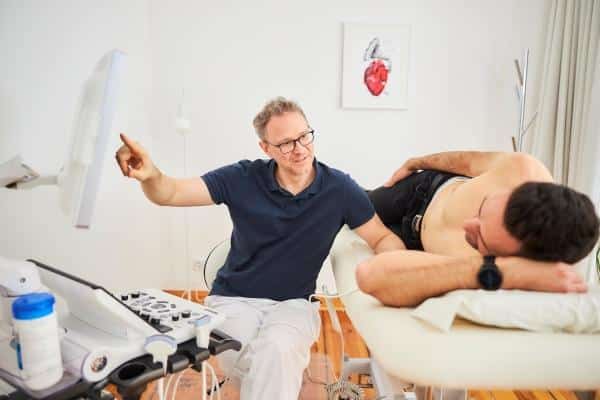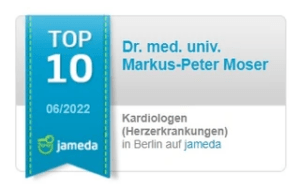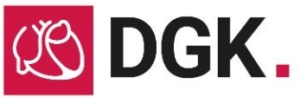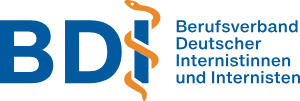What are the Risks of High Blood Pressure and how can it be prevented?
Undetected or untreated high blood pressure can be very risky and in the worst case can also cause a heart attack, stroke or even acute kidney failure. High blood pressure can be detected through early cardiological screening or check-ups. A healthy lifestyle is always recommended to prevent high blood pressure.
As the topic of high blood pressure is a quite frequent one in my cardio practice, I answer various questions about high blood pressure that concern my patients in my heart blog. Today, I am talking about the risk you are at if you have high blood pressure and how you can prevent it.

What can be the consequences if blood pressure is left untreated?
With high blood pressure, the heart has to pump the blood through the blood vessels against a higher resistance because they have lost their elasticity. If high blood pressure remains untreated for a long time, the heart and blood vessels can be affected. This leads to damage to the internal organs, especially the kidneys, but also the eyes and the brain. The consequences can include serious coronary artery disease, for example in the form of a heart attack, a stroke or acute kidney failure.
How do you measure blood pressure correctly?
Blood pressure measurement is an important tool for detecting high blood pressure. Here it is also important that it is measured correctly.
Please pay attention to these important parameters for measuring blood pressure:
- As a matter of principle, only use upper arm cuff devices.
- Always measure at the same time: morning and evening.
- The measurement should only be taken after five minutes of sitting quietly and in a relaxed state.
- The measurement should be taken in a quiet environment.
- The legs should not be crossed and the arm to be measured should be placed on a table.
- The lower edge of the blood pressure cuff of an upper arm measuring device should end 2.5 cm above the crook of the elbow (cuff at heart level).
- It is important to ensure that the blood pressure cuff is the right size: If it is too small, the blood pressure reading will be too high.
- If the blood pressure values on both arms are different, the higher blood pressure value is considered decisive.
- In the case of cardiac arrhythmias, check whether the device used provides reliable values and can be used.
- Only validated blood pressure monitors should be used.
- Make a note of your readings and show them to your doctor at your next consultation.
- There are now also measuring devices that are connected to an app and display the values graphically.
By the way:You can borrow a long-term blood pressure device from us for a long-term blood pressure measurement and ECG measurement without a cuff overnight.
In my cardiology practice in Berlin Mitte, I use the SOMNOtouch™ NIBP long-term blood pressure device. It is cuffless and very easy to use. To book via the online appointment at Doctolib.
What can be done against high blood pressure?
If you have been diagnosed with high blood pressure (hypertension), you should urgently seek the help of an experienced and holistic cardiologist. Together, it is first necessary to determine an actual physical and psychological condition and to define goals together. It may be necessary to treat the blood pressure with a medication, an antihypertensive. But here, too, a change in lifestyle is the key to improvement. You yourself can contribute to lowering your blood pressure with natural means.
How do I protect myself with high blood pressure?
- Ensure a healthy lifestyle with a good work-life balance, a balanced diet, plenty of fluid intake in the form of water, and regular exercise.
- Reduce your alcohol consumption.
- Refrain from nicotine.
- Consume little salt.
- Relax more often in everyday life with a short walk or a little meditation.
- Move around in the fresh air as often as possible, at least once a day.
- If you are overweight, try to bring your body weight to a normal level.
How does a holistic cardiologist support me with high blood pressure?
- Regular examinations, e.g. with long-term blood pressure measurements, check-ups and talks, are scheduled at specific time intervals.
- Individually tailored and regularly adjusted medication is also crucial in hypertension to minimise risks and secondary diseases right from the start.
- In order to fathom the causes of hypertension, the body and the psyche must be considered as a single entity that interacts with each other. The use of a psychocardiological perspective can be extremely beneficial for therapy.
- Your cardiologist can guide you individually with any necessary lifestyle changes, e.g. topics on nutrition, weight reduction or relaxation methods, etc.
- Referral to and collaboration with appropriate clinical cardiologists is also required if invasive procedures are required.
How can I prevent high blood pressure?
- Go for cardiological screening and check-ups at the age of 40 at the latest. If you might have a family history, medical screening is advisable from around 30 years of age or, depending on your background, at a younger age.
- Listen to the signs and changes your body may signal to you.
- Choose internists and cardiologists who involve the body and the psyche and can also provide you with long-term psychocardiological and holistic care.
- Take your health seriously and make sure you have a balanced lifestyle.
Dr. Markus Moser, MD is a specialist in internal medicine, cardiology, anaesthesiology and emergency medicine, and also has additional qualifications as a cardiovascular preventive physician and psychocardiologist. In his private cardiology practice in Berlin Mitte, he cares for his patients holistically and with the utmost care.




